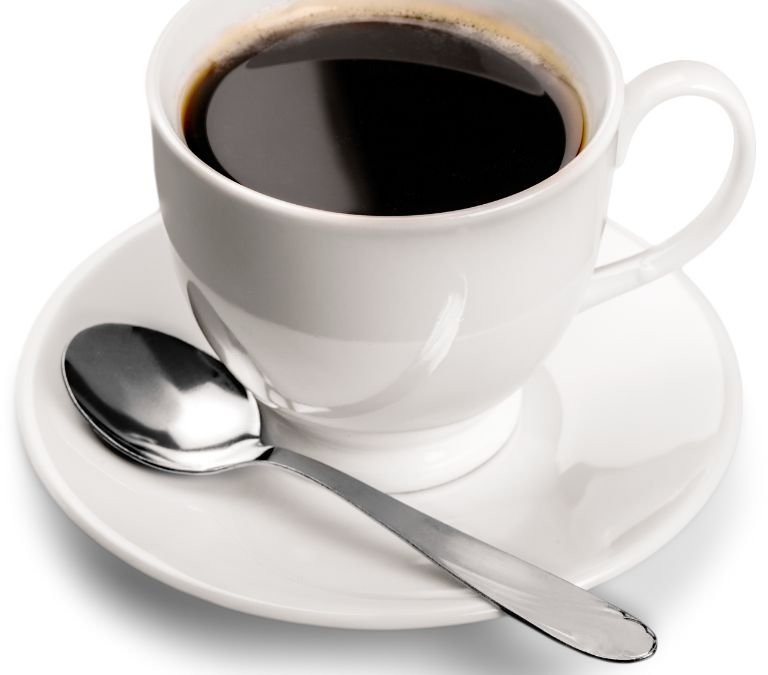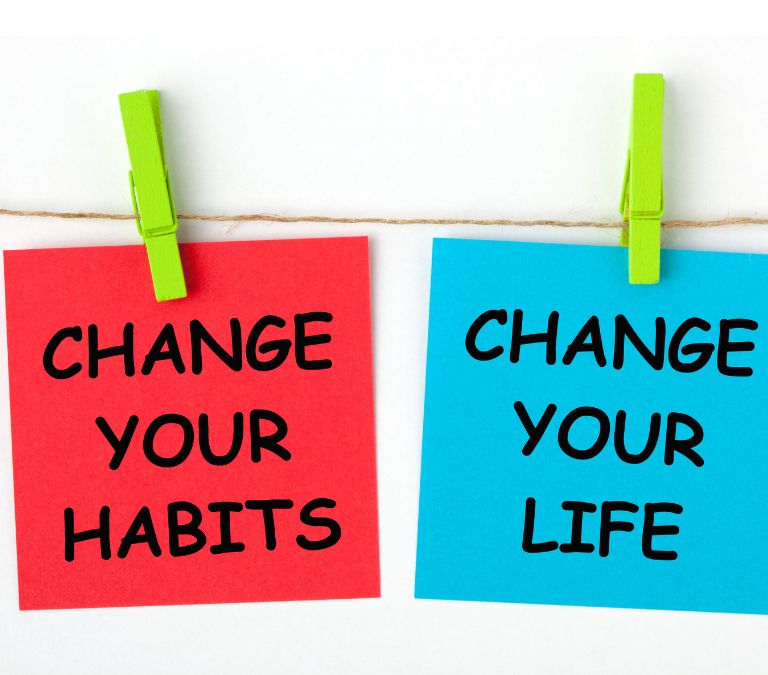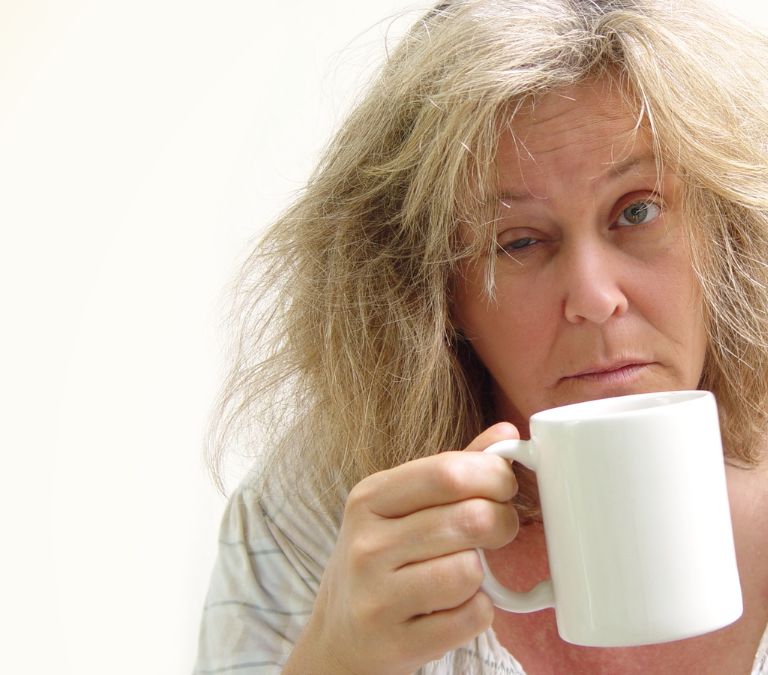So many women today are indecisive on the whole concept of menopause. Is it a good thing? Is it not? While menopause comes with age, it is essential to know that aging is good as not everyone gets the opportunity to thrive on earth for many years.
This indecisiveness is, however, not surprising, owing to the symptoms that come with it; from vaginal dryness to night sweats, reduced sex drive to hot flashes, the period of menopause can sometimes be tough to cope with. The hallmark of these symptoms, hot flashes, and night sweats, are known as Vasomotor symptoms and are the most common. I researched it, and about 70% of women experience vasomotor symptoms.
About two years ago, some days before Christmas, I woke up from my king-size mattress, hoping to get the most of the 20% cut in the price of groceries in the mall just minutes from my apartment. I waited so long for this day. I had already written down a list of everything I needed to get for the Christmas and New Year celebrations. Just as I was about to locate my flops with my toes, I noticed the amount of sweat absorbed by my bed through the night.
I was cold, it was winter, and I couldn’t comprehend why I released so much sweat. Like every other symptom, we experience every day, I completely ignored it. I was way too excited even to consider it a problem. I went down the elevator as I repeatedly hit my car keys on my left thigh. I drove to the mall, and just while loading my cart with everything I could set my eyes on, the burning sensation started.
My chest burnt so severely that I grabbed a milk bottle from the shelf and downed everything in seconds. It stopped eventually, but I knew it was something I should be worried about. I’ve been in menopause for a couple of years now, and I have never experienced something so extreme.
Sure I have had one or two cases of vasomotor symptoms but never has it felt this way. As I drove back to my apartment, I pondered what had happened at the mall. I decided to go deeper into the cause of the burning sensation I felt earlier and hit the jackpot.
What Caused My Vasomotor Symptoms Outburst?

I visited my doctor some days after New Year and learned much about Vasomotor Symptoms. From energy levels to inflammation, fat distribution to sleep moods, menopause doesn’t affect only your reproductive system; it impacts everything. Menopausal vasomotor symptoms are prevalent during the phase of menopause and are considered normal.
However, not all women experience it. Some women go through menopause without showing any of these symptoms. Some, however, experience only mild effects, while others may show severe and adverse effects. Irrespective of how it comes, vasomotor symptoms are affiliated with menopause.
Vasomotor symptoms, also known as VMS, can stay as long as 12 years in a woman going through the postmenopausal stage of life. During my research, I realized women who consume high amounts of cigarettes have very high chances of showing detrimental effects of vasomotor symptoms. Obesity also increases the risk of menopausal vasomotor symptoms.
Considering the factors mentioned above, I went into further research, knowing I don’t smoke, nor am I obese. It led me straight to some other elements that increase the risk of vasomotor symptoms. Of these factors, one that made me marvel was caffeine consumption. Yes! Caffeine. At this point, I knew what caused my vasomotor symptoms to go out. What’s the connection between Menopause and Caffeine? Let’s dig deeper. Shall we?
Menopause And Caffeine – How Caffeine upsets vasomotor symptoms
So many of us know what caffeine is. In my terms, I define caffeine as a substance capable of inducing activeness and alertness. The word “caffeine” indeed leads us to one drink. A drink everybody is familiar with – coffee. Caffeine is primarily found in this drink. It means so many women today are at risk of these symptoms due to the heavy consumption of coffee amongst us.
We drink coffee at the start of the day. We drink coffee to avoid sleep. We take coffee as food. We have adopted coffee as an extra child, and the drink has gained a special place in our hearts. In the United States, more than 75% of women drink coffee.
It means more than seven in ten women drink coffee! While this figure is alarming, it is essential to know that women who consume hefty doses of coffee and other caffeinated products are most likely to experience adverse effects of vasomotor symptoms and this is why, according to my doctor, there are many women who are wondering if there is a connection between menopause and caffeine.
Unfortunately, I fall within the group of women chronic coffee drinkers. Since being menopausal, I realized coffee had an excellent effect on me. I concentrated more, and I had a more retentive memory. With this, I began to consume more coffee. Not just coffee, I drank more tea and soda. All was going well until I realized my heavy consumption of caffeinated products could cause my worsening case of vasomotor symptoms.
While menopausal vasomotor symptoms can be very challenging, consuming a high amount of caffeine could lead to an even more aggravated effect. It means limiting your caffeine intake can subtle the effects of vasomotor symptoms on you.
The Three Stages of Menopause and Their Reactions to Caffeine

There are three distinct stages of menopause; perimenopause, menopause, and post-menopause. All of these stages have different reactions to caffeine.
Perimenopause: This is the time that leads to menopause. The hormones begin to decline, and the menstrual cycle becomes unpredictable. Some mild effects of menopause, like hot flashes, can be experienced. At this stage, caffeine consumption tends not to aggravate vasomotor symptoms.
Menopause: Immediately, the body stops producing sexual hormones, and your menstrual period has gone up to 12 months without showing. You have gotten to the stage of menopause. Immediately entering this stage, you go straight to the postmenopause phase. This phase is very brief.
Postmenopause: This is the time immediately after menopause. Getting to this phase means remaining there for the rest of your life; your hormonal level stays low, and your monthly period disappears. Your ovaries lose the ability to release eggs, making it impossible to get pregnant. At this point, the menopausal vasomotor symptoms may begin to appear. Women at this stage of menopause are more prone to aggravated or worsened vasomotor symptoms due to heavy consumption of coffee and other caffeinated products.
With this research, I went to my bedroom and began listing the food I take regularly. I wrote the food lists on a large piece of paper and set up a scale of preference. From appetizers to desserts and drinks to even the spices I use, I was determined to change my diet to adjust to this phase of life I am now stuck in. It took quite a long time to set up, but in the end, I formulated a chart of things to avoid, things to limit, and things to embrace.
Management of Vasomotor Symptoms
VMS is managed by lifestyle modifications, vitamin and herbal supplements, and hormonal therapies. Up to 10% of women in the postmenopausal stage experience severe symptoms of VMS. Severe symptoms could be so excruciating that many women would do anything to reduce its effect. While the remedy for VMS is not far-fetched, lifestyle and diet changes remain the best options.
Medications and Hormonal Therapy in Reducing the Effects of VMS
I’m not an expert when it comes to medicine but what I do know is that the use of hormonal therapy as a remedy for VMS has reduced dramatically, owing to the risks involved in it. Hormonal therapy was known to cause breast cancer and adversely affect the cardiovascular health of women who adopted it. It has led many women to pursue alternatives, and with this, millions of dollars are spent every year by women to solve the lingering problem of VMS. Due to its uncertainty, hormonal therapy has now become less chosen by women experiencing VMS.
Diet Changes to Subtle the Effects of Vasomotor Symptoms

I am not a huge fan of medicine. Sure they can prove helpful, but I always seek other ways to cure an illness before settling for medication. So with the burning sensation that I felt during Christmas, I was keen on changing my diet and lifestyle rather than going for a cure.
As stated earlier, caffeine can worsen the effects of vasomotor symptoms on your body. It means all foods with some amount of caffeine have to be limited. Some caffeinated products you should limit include coffee, cocoa beans, 100% cocoa chocolate, bittersweet chocolate, milk chocolate, kola (used as a flavoring agent for many soft drinks), Green tea, Guarana (used in the production of energy drinks, and some other dietary supplements), chewing gum, yerba mate drink, energy drinks, and other coffee or chocolate-flavored foods.
According to The Food and Drug Administration, caffeine is not harmful, and tiny amounts of people have experienced adverse reactions. However, women in the postmenopausal phase of their lives must try as much as possible to limit the average intake of caffeinated products in their system to prevent worsening vasomotor symptoms.
It wasn’t easy at first; I was so used to taking large amounts of coffee that I couldn’t settle with just half a cup daily. But with time, I could do just that, and right now, I don’t even drink coffee anymore! Not really, though. I still take coffee, but only on rare occasions.
Also, highly spicy and sugary foods should be limited. If you love your pasta extra spicy, or you want your ice cream extra sweet, I’d say you reduce the amount of spiciness or the amount of sugar you take in if you’ve got to menopause. It will help if you cut your alcoholic beverage intake. So if you take two bottles of beer every day or down three shots of whiskey whenever you return home from work, try sticking with a cup of juice or a bottle of milk instead. And you should avoid cigarettes as well.
These food products are known to trigger vasomotor symptoms. However, these foods and drinks can be specific to some people. So, if you feel a particular type of food or drink triggers or aggravates your vasomotor symptoms, it will be wise to cut or limit its intake.
So, with all these, some may ask what food should be eaten more by women going through the postmenopausal phase of life. As some foods can aggravate vasomotor symptoms, some food should also be able to reduce their effects. Thankfully, various excellent and nourishing food products are to be embraced throughout your postmenopausal phase of life.
They include fruits and veggies like spinach, kale, and collard greens, foods rich in Calcium and Vitamin D like milk, cheese, yogurt, tofu, sardines, beans, cereals, fish, eggs, and cod liver oil, and foods rich in phytoestrogens like flaxseeds, soybeans, sesame seeds, tempeh, and linseeds, protein-rich foods like meat, nuts, and legumes.
I tried using the sun as my source of vitamin D, but it wasn’t compelling enough, as, with age, the skin gradually loses its ability to produce vitamin D from sunlight. Also, supplements like black cohosh, phytoestrogens, and probiotics can reduce the symptoms of menopause. I learned about these foods a few days after valentine’s day, and I was keen on including them in my everyday diet.
Instead of taking coffee twice daily, I reduced my intake to only when I needed it, which could be once in three days, once a day, or even once a week. I practiced these diet plans for five months, and honestly. The results were mind-blowing. The frequent hot flushes I felt in my chest and the routine night sweats became “less frequent” sometimes. I even forget I once had severe cases of vasomotor symptoms.
These foods aren’t expensive, so including them in your diet shouldn’t be difficult. And of course, do not forget to drink water because you need a lot of water.
If you want optimal results, it is essential to include your diet changes and some lifestyle changes.
Lifestyle Changes to Subtle the Effects of Vasomotor Symptoms

Menopause is a natural part of life and shouldn’t be considered an illness. All women must go through menopause. With every phase of life comes changes. An infant’s life is not like youth or a grown man’s. So, just like other phases of life, the menopause phase comes with some changes. The body has to adapt to keep up a healthy lifestyle. Like diet changes, some lifestyle changes can also be adhered to to get optimal results. Some of these changes include:
Exercising Regularly:
While exercises have not been proven as an effective way of treating night sweats and hot flashes, it is known to be a stimulant for improved metabolism and fitness, decreased stress, and also better sleep. Start with brisk walking and maybe biking.
I love biking, and sometimes, I ride my bike for long distances on weekends. Go swimming, hop on the treadmill and get those legs busy. For a start, why not stand on one foot while brushing your teeth? Or doing ten squats before entering the bathtub? Not only does regular exercise help to keep fit, but it also helps the mind to stay healthy.
All of these are things a woman going through menopause needs. Exercising helps improve not only your physical health but also your mental health. It means you can address menopausal symptoms like fatigue, anxiety, obesity, and poor sleep with exercise.
Maintaining a Healthy Weight:
Excess body fat around the waist increases the risk of developing diabetes and heart diseases. Also, according to studies, losing up to ten pounds of weight within a year can help eliminate vasomotor symptoms like night sweats and hot flashes.
No matter how small, try out some exercises, stretch once or twice every day, jog the length of your street, try yoga, and use the staircase instead of that dull but shiny elevator. It’ll help in the long run. I have been doing excellently well with my exercise routine. I now use the staircase instead of the elevator at my workplace. That is a great way to lose weight. It might not be easy, but it’s effective.
Avoid Skipping Meals:
Have a regular eating pattern and do not skip meals. Besides hindering weight loss efforts, irregular eating patterns can aggravate some menopausal symptoms. Eat healthily and maintain a fixed time frame for every meal eaten. I eat breakfast by 7 am, lunch by 1 pm, and dinner by 7 pm. With this, I always know the exact time to eat and stick with that pattern. Sometimes, it becomes challenging to keep up with a fixed way, but if you can abide by away for a few weeks, it becomes easy to follow.
Smile More and Stay Happy:
Staying happy can help relieve stress and boost your immune system. The period of menopause can be challenging, sometimes excruciating, but always remember, a happy mind is a healthy mind. Try taking up new challenges to keep yourself busy and active.
Find positive social support and talk to other women going through menopause. Find things that make you happy. It might be buying that lovely dress you’ve always dreamed of wearing, visiting the aquarium, spending quality time with people you love, or listening to a classic Beyoncé album.
Do you know that women are twice as at risk of anxiety and depression than men? And women at the postmenopausal stage of their lives are twice more likely to be depressed than women who haven’t gotten to menopause? Whatever way, try, as much as possible, to be and stay happy. For me, I go to Netflix and binge-watch comedy shows.
Parting Words
People do not tell you that menopause gives a fresh outlook on life. Leaving the pressure associated with reproductive years gives so many women a sense of self-esteem and accomplishment. You tend to focus more on yourself, your relationships, and your goals. Studies reveal feelings of optimism increase when you get to fifty. So, don’t see menopause as the body’s way of communicating retirement. You can achieve even more after menopause.
Remember that old age is a blessing, and menopause is neither a disease nor specific to a group of women. Know that to grow old, every woman must go through menopause. You adjusted your lifestyle when you saw your first period. If you’ve been pregnant, you had some lifestyle and diet changes. Adjusting to menopause, therefore, should be a hell of a big deal.
Are you going to purchase groceries? Why not add more veggies and fewer beverages? How about walking there instead of using your fancy car? You don’t have to be a Kardashian or a member of the Gucci clan to embrace healthy living.
Being human alone makes it necessary. So if you’ve gotten to menopause and experiencing some severe vasomotor symptoms, following these steps is like buying an iPhone and getting one for free! And look at the bright side. No more menstrual periods!







